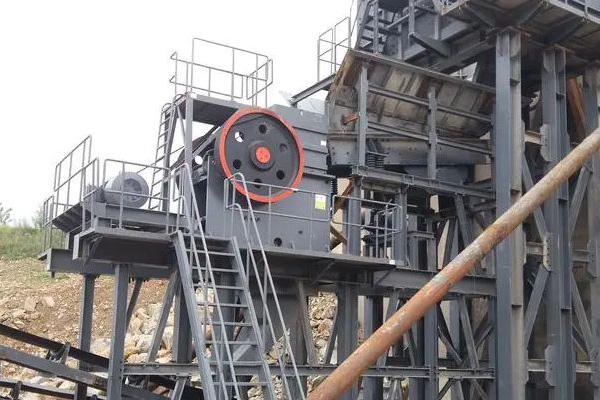A mineral rock jaw crusher is a powerful and versatile machine used in the mining and construction industries to crush various types of minerals, rocks, and ores. It is widely used to reduce large-sized rocks or ores into smaller, more manageable pieces, which can then be processed further for extraction or use in other industries. Jaw crushers are known for their robustness, efficiency, and ability to handle hard, tough materials.

Key Features of a Mineral Rock Jaw Crusher
- Durability and Strength: Mineral rock jaw crushers are designed to handle the most challenging materials, including hard rocks like granite, basalt, quartz, and ores such as iron, copper, and gold. They are built with strong, durable components, including high-quality steel jaws, frames, and other critical parts that can withstand the stresses of crushing.
- Versatility: These crushers can handle a wide range of materials, from soft rocks to the toughest minerals like granite, basalt, limestone, and ores such as iron, gold, and copper. This makes the mineral rock jaw crusher highly versatile for various industries, including construction, mining, and quarry operations.
- High Crushing Capacity: Mineral rock jaw crushers come in various sizes and capacities, allowing operators to select the appropriate model for their needs. They typically feature a high crushing ratio, meaning they can reduce the size of the raw material significantly in a single pass, making them efficient for large-scale operations.
- Simple Maintenance and Operation: One of the standout features of jaw crushers is their relatively simple design, which makes maintenance and operation easier. The machine consists of a fixed jaw and a movable jaw that crush material by compressing it between the two surfaces. Regular maintenance and proper lubrication ensure smooth performance and longevity.
- Adjustable Discharge Size: The discharge size of the crushed material can be adjusted by altering the settings between the two plates (the movable and fixed jaws). This gives operators control over the final size of the output, making the jaw crusher adaptable for different applications.
Factors to Consider When Buying a Mineral Rock Jaw Crusher
- Material Type: Ensure the jaw crusher is capable of handling the specific minerals or rocks you plan to crush, whether they are soft, medium, or hard materials.
- Capacity Requirements: Determine the crushing capacity needed to meet production demands. Jaw crushers come in a variety of sizes and can process anywhere from a few tons to several hundred tons per hour.
- Size and Configuration: Choose a jaw crusher that fits the available space and can be easily integrated into your existing operation. For example, portable jaw crushers are ideal for projects where mobility is necessary.
- Budget: Consider both the initial investment and ongoing maintenance costs. While a mineral rock jaw crusher is an investment, its efficiency and durability make it cost-effective in the long run.
A mineral rock jaw crusher is a reliable and robust machine essential for various industrial applications, including mining, construction, and aggregate production. With the ability to crush a wide range of materials, jaw crushers are a cornerstone of the crushing industry, offering significant performance benefits. When choosing a jaw crusher, consider factors such as the type of material, required capacity, and budget to ensure you select the best machine for your needs.

